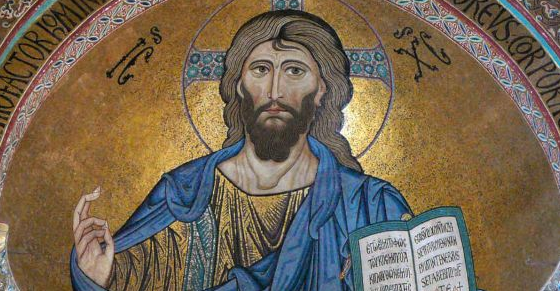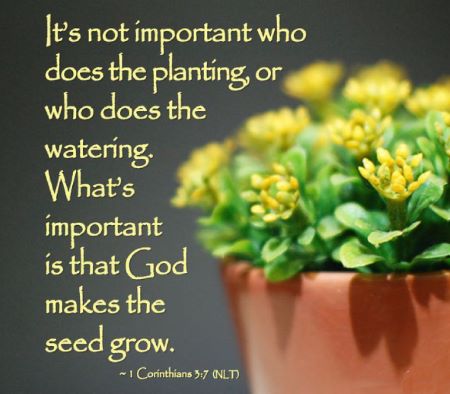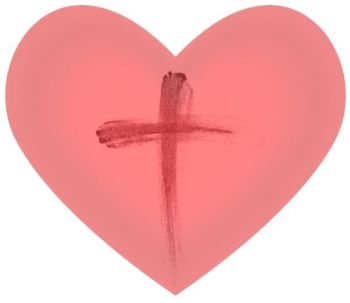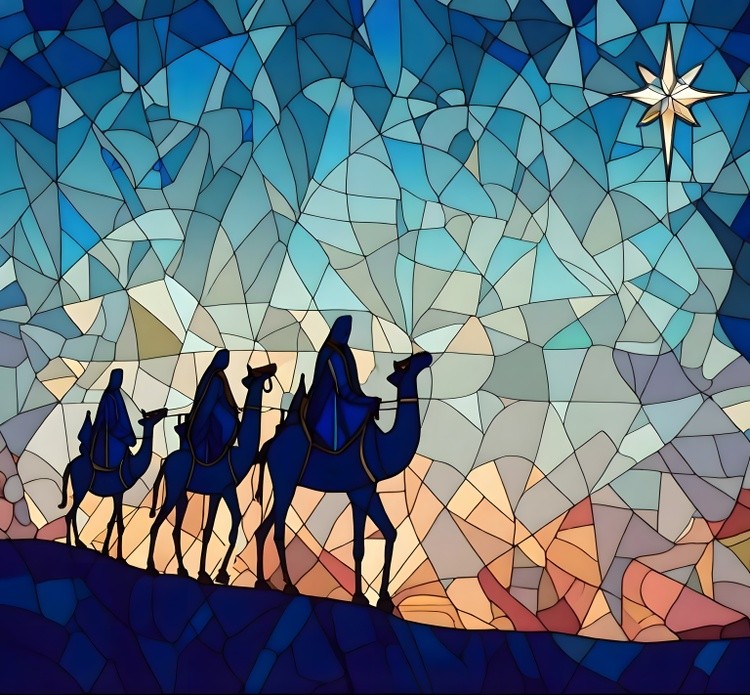
Pushing Back Against the Tide
When I was growing up, there were certain things –– like clothing –– that you just couldn’t buy on Sunday. Entire sections of department stores were simply roped off. And retailers respected the rhythms of the seasons –– you never saw Christmas displays or heard Christmas music or read Christmas newspaper ads until after Thanksgiving –– it may have been the day after, but it was after. And then at some point, that became “Black Friday.”
The origin of this term dates back to the early 1960s, when police officers in Philadelphia began using the phrase “Black Friday” to describe the chaos that resulted when large numbers of suburban tourists came into the city to begin their holiday shopping; and in some years, attend Saturday’s annual Army-Navy football game (which hasn’t always been played the Saturday after Thanksgiving). The huge crowds created a headache for the police, who worked longer shifts than usual as they dealt with traffic jams, accidents, shoplifting, and other issues. And at some other point, the name stuck because the accountant’s woeful red ink of year-to-date losses became the accountant’s joyous black ink of its final weeks’ redeeming profits.

Then some years later, we began to experience all-things-Christmas (and even some all-things-Chanukah) even before Thanksgiving. I remember hearing comments from some of the adults in my slightly-extended family about how this was in such bad taste. And then the unthinkable happened –– the great Christmas extravaganza roll-out began even earlier –– before Halloween.
Many highly regarded scholars agree that Jesus was not born on December 25 –– a date in mid-late October may actually be more accurate; however, the driving force behind commercialism is not to explore the historical Jesus and deepen our spirituality, but to make money.
And so during seminary, one of my liturgy professors (Dr. William Petersen) accurately pointed out that the churches long ago lost the Advent season to the culture of Christmas; and even where churches keep the four weeks of the Advent season, it is often observed (in collusion with the culture) solely as a time of preparation for the celebration of Jesus’ birth –– while the great eschatological themes of Advent are eclipsed and we miss the point that the Christian year starts with the end of all things.
He said “the great eschatological themes –– best felt when listening to a choir sing the text of Revelation 11:15 within Handel’s oratorio Messiah: ‘the kingdoms of this world have become the kingdom of our God and of his Christ and he shall reign for ever and ever… Hallelujah!’ –– are often overshadowed by Christmas-oriented services such as “Lessons and Carols” offered sometimes as early as Advent I.”
And so many churches have also failed to use Advent to challenge the misguided interpretation of fundamentalist eschatology. Many popular books attempt to do this, but no single book addresses week-by-week, the hearts, minds, and wills of the assembled people of God as the liturgy can do. Liturgy is the locus, after all, for the celebration and appropriation of our values as persons being formed and renewed in Christ.
Professor Petersen, who was a member of the North American Academy of Liturgy (at the same time when our synod’s Bp. Craig Satterlee was its President), proposed a seven-week Advent season and a revised approach to observing it, along with resources for worship planners, leaders, and participants; and music which would begin to address the spiritual, intellectual, and emotional void when we bolt to Christmas morning.
As North American Protestants, we’re not forging new ground. Not only does the Orthodox tradition feature a seven-week Advent season, but our Revised Common Lectionary presents texts for the late Pentecost season that support this proposal since the readings have also become decidedly eschatological! It is for these reasons, that we observe a seven-week Advent –– to avoid the rush to Christmas morning, and to keep our November and December focus less on what will be under the tree on Christmas morning; and more on the timeless value of salvation for which Jesus came in the first place. We’ll be out of sync with parts of Christendom when we celebrate Advent I on November 6; but we’ll be more in sync with the mindfulness God wishes us to have. Peace!
Mike+








